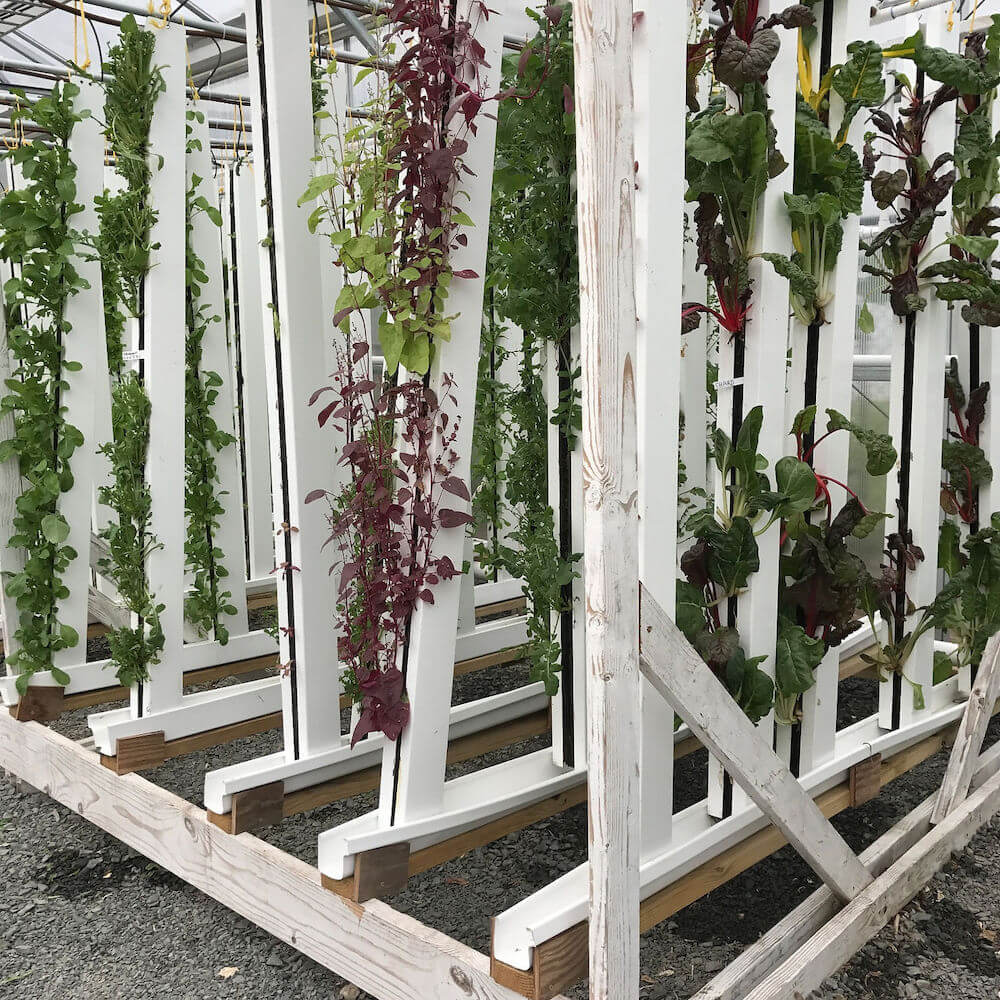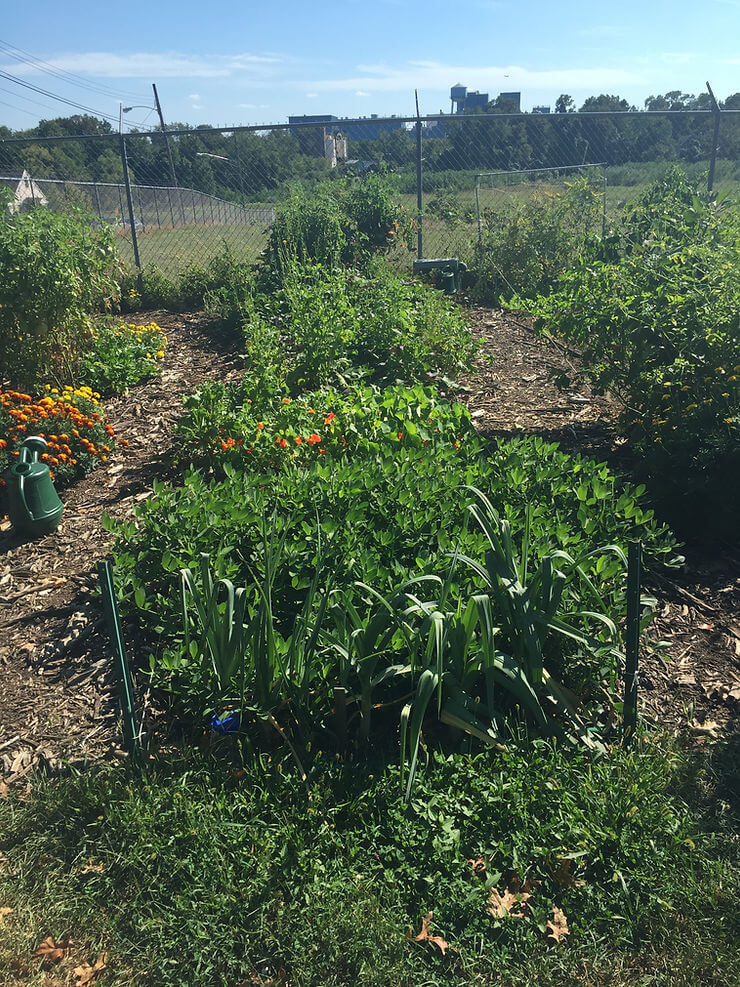About Marlboro Community Garden:
This garden is sponsored by the Shade Tree Commission of Marlboro, and was established in April of 2016. This is a non-organic, but IPM garden, and they do their own composting.
Organization:
This is by far the largest garden I have visited so far, with space for 100 beds. As of this year, only 48 have been installed, but since the community members have been so engaged, it will be expanding for the next growing season. All of the beds are raised, and they charge the following per plot:
$40 for 4×10 $30 for 65+
$70 for 4×20 $60 for 65+
There are also 4 higher raised beds for individuals with disabilities, as well as a parking space and easy access to the beds for those individuals.
There are also food bank plots, in which the produce is donated to local individuals in need of food. The community members are expected to volunteer at least two hours of their time to general garden maintenance, including tending to these plots.
The garden coordinator, Ms. Simonetti, is very organized and keeps track of which individuals have volunteered community time and those who have not. She keeps a set of stickers in her binder with each plot number, and sticks them on their bed when they have completed their hours. They also are able to communicate with her through email with any concerns or questions they may have.
The garden also has a “pick 10” rule, which means that when you are in the garden, you must pull at least ten weeds. This has worked remarkably well for them, as there was not a single weed in sight.
Funding:
The township funds all building within the garden. The Open Space Fund states that any trees that are cut down within Marlboro must be replaced, and if you refuse to do so, you will be fined. This money goes directly to the Shade Tree Commission, which is the commission that established the garden.
Local boy scouts also donated picnic benches to the garden.
Harvest:
The garden does not have a set growing season. Gardeners are encouraged to plant year-round. There are a wide variety of plants grown in their garden, including peppers, tomatoes, okra, bok choy, soybeans, mint, lavender, and eggplant.
Rules and Guidelines:
The garden loosely based their “rules”, which they see more as suggestions, from the Shrewsbury Garden. Ms. Simonetti, the garden coordinator, allows the gardeners to do as they please, as long as they are not impeding on other gardeners’ experiences.
Demographics:
The demographics of the gardeners vary greatly. There are families, individuals, elderly, children, men, and women. There are immigrants from all over the world who grow ethnic foods in their plots, including families from Russia, Asia, and Italy. Community members are very engaged with this garden, and they receive many volunteers from schools in the area. The High School Environmental Club even has a plot within the garden. They also have a “buddy system”, where they take care of each other’s gardens when the individual is temporarily away from the garden.



